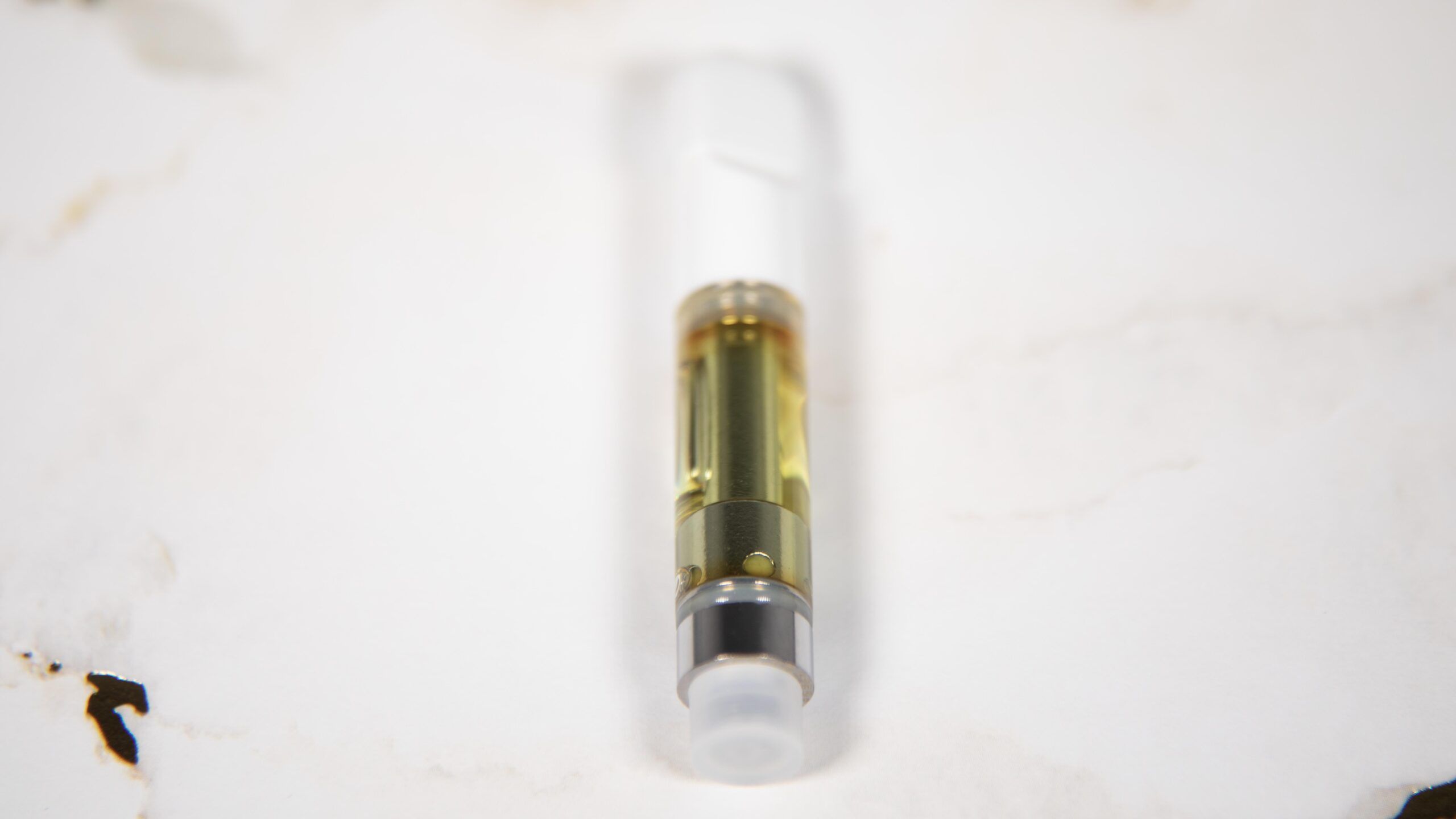Private-label cannabis oil—sometimes referred to as “house brands” or store brands—is steadily carving out a noticeable share of the cannabis oil market. While there is no single nationwide figure that defines how much of the market is private label, the overall trend is clear: house brands are becoming more common across a variety of formats. The percentage share differs from state to state, depending on local regulations, competitive dynamics, and the strength of existing brand portfolios. Vape cartridges, disposable pens, tinctures, and concentrates are the categories where private-label products are having the most impact, often appealing to consumers with value and reliability.
Vapes, especially disposables, highlight the rise of private-label oils. Disposables now represent a significant portion of all vape sales in several markets, showing that consumers are comfortable trying affordable, retailer-branded products. Because these devices are standardized in design and performance, they are a natural fit for private-label manufacturing. Retailers can work with extraction partners or contract producers to create house-brand oils that compete directly with the biggest names.
The structure of each state’s cannabis market also plays a major role. In states like Illinois, where vertical integration is common and a small group of companies dominate, private-label products often gain a larger presence. Vertically integrated retailers that control cultivation, processing, and storefronts can introduce their own oil products more easily, usually offering them at lower prices while maintaining higher margins. By contrast, open wholesale states such as Oregon feature a wider variety of independent brands, which leaves less room for private labels to stand out.
Examples from markets like Arizona show how competitive private labels can be. Some retailer-owned brands have risen into the top sales positions, proving that consumers are willing to embrace them when they deliver on quality, potency, and transparency. For many cannabis oil users, what matters most is not the logo on the box but whether the product provides consistent effects, uses dependable hardware, and is supported by clear lab results.
Although the cannabis industry does not yet provide a single national percentage for private-label cannabis oils, the surrounding conditions are favorable. Expanding vape consumption, rapid growth in disposables, and increased market concentration mirror the same factors that have historically fueled private-label growth in other consumer goods categories.
Policy shifts further support this momentum. In Canada, certain provinces have recently allowed retailers to introduce store-branded cannabis, and these products often debut in oil-based formats because they are easier to standardize and replicate at scale. This move suggests that similar opportunities may appear in U.S. markets as regulations evolve.
Consumer behavior also points in this direction. While many cannabis users remain brand loyal, price sensitivity is still a powerful motivator. Oils and vapes are functional products where reliability and transparency can outweigh branding. When retailers provide clear Certificates of Analysis, accurate labeling, and consistent effects, consumers are often quick to adopt house brands.
For retailers, the opportunity is to build trust by pairing affordability with transparency. For consumers, private-label cannabis oil represents a reliable and often cost-effective choice. While private-label cannabis oils do not yet dominate the market, their share is growing steadily. With the rise of vapes, vertically integrated markets, regulatory shifts, and evolving consumer behavior, private-label cannabis oils are well positioned to become a lasting part of the industry.

